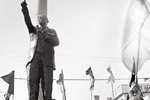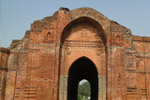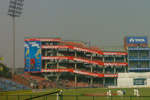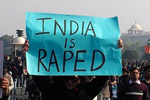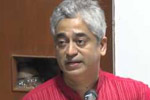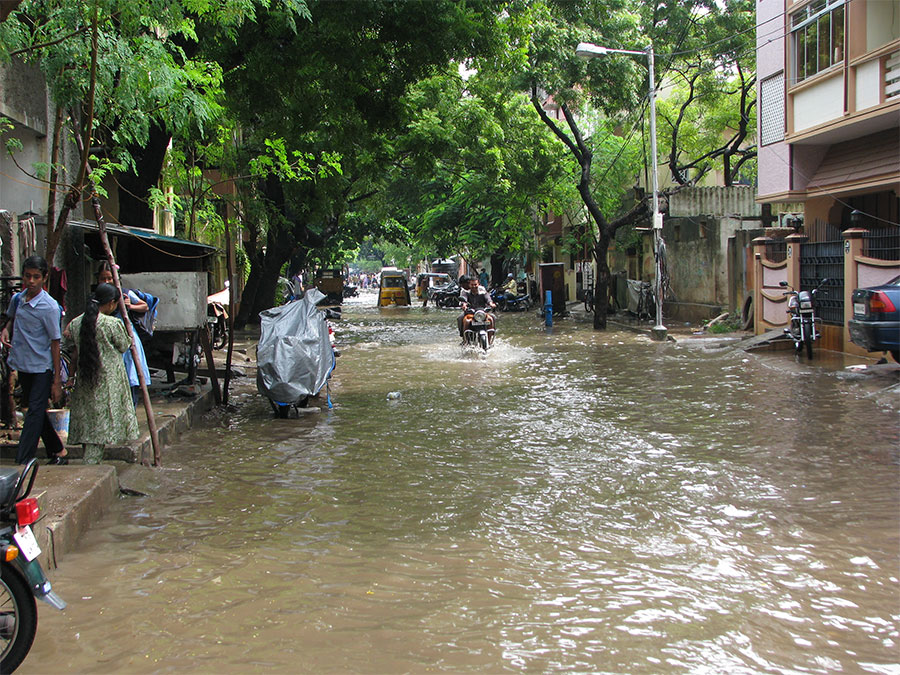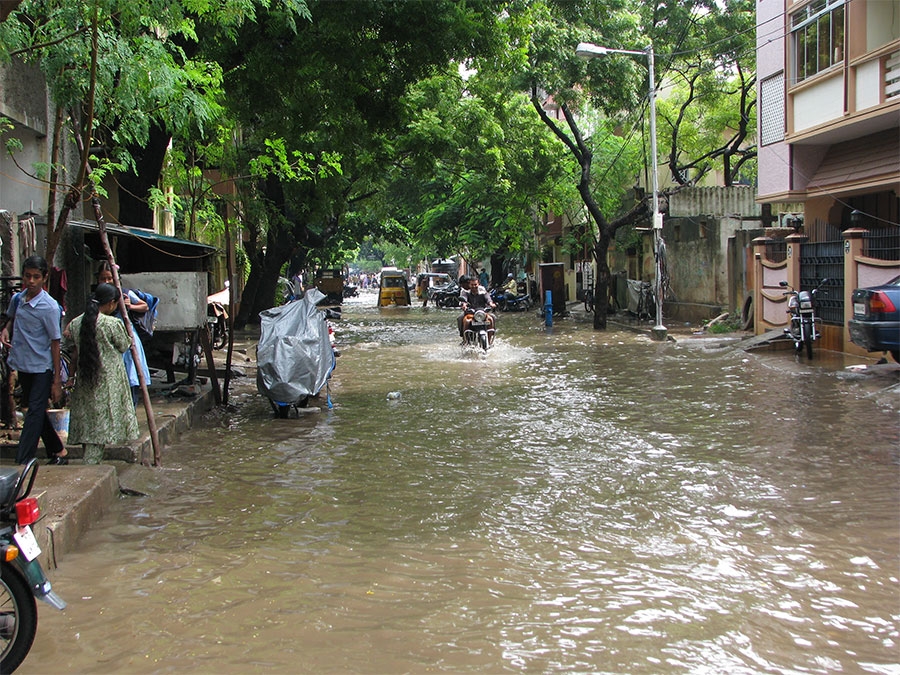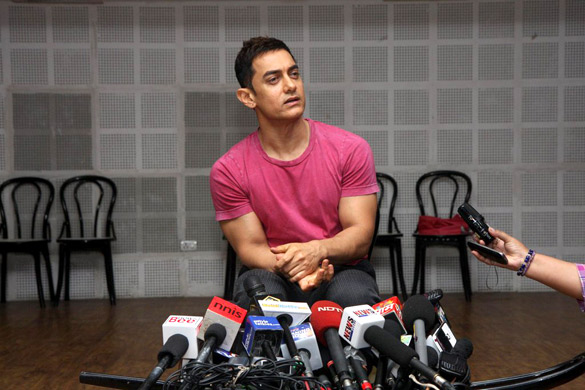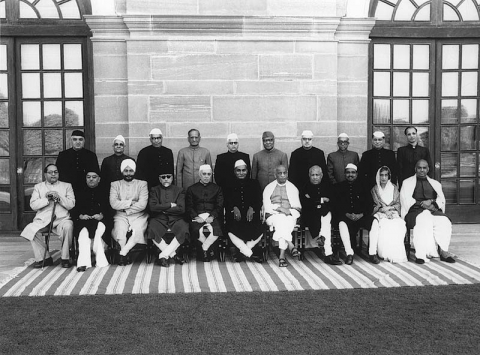
I suddenly felt ‘old’ this morning when at 5 am I got an sms saying Murli Deora had passed away. Murlibhai was the first politician I became a ‘friend’ of: you could not but be a friend of the media savvy Mumbai Congressman if you were a journalist in the 1980s. Murlibhai, who was then the city Congress chief, knew just about everyone in the city: he had friends and ‘contacts’ across party and ideological lines. Long before the Indian State ‘discovered’ the United States and big business, Murlibhai had already made his choice: whenever any American official visited Mumbai, Murlibhai would be there by his side to throw a lunch at the Cricket Club of India. Ditto with corporates. Remember this was still the pre-liberalisation era with India still wearing its socialist hat. But Murlibhai was unapologetic: at a time when netas wore khadi kurta to identify themselves as Gandhians, Murlibhai was always in his formal white shirt and trousers, his sartorial preferences defining the city in which he lived. Mumbai is a city with much less hypocrisy than most, and at a time when netas met industrialists behind closed doors, Murlibhai never hid his proximity to Mumbai’s business elite. Even if it attracted criticism and controversy over conflict of interest and fund raising. ‘Dhirubhai is my friend, and so is George Bush, isme gunaah kya hai!,’ he told me once, with typical candour.
I guess we hit it off from day one: he would call me ‘badmaash’, saying journalists are always upto mischief. In 1992, the ‘badmaash’ journalist in me got into a mini-tussle with the friendly neta. On the day the Babri masjid was demolished, reports began streaming in that there had been sporadic violence in parts of Mumbai. I was then city editor of The Times of India. I rang up Murlibhai for a reaction. It was a Sunday: ‘I am very busy playing bridge with your owner Ashok Jain, don’t disturb me now,’ said the Mumbai Congress chief. It struck me as a bit odd and I wrote a front page anchor piece, ‘Deora plays bridge while Mumbai burns!’. Murlibhai was livid: ‘I always knew you were a badmaash!’.
But Murlibhai was an old world neta: they never harbour grudges for long, especially with journalists. Within days, we were back at his office at Khaitan Bhavan in Churchgate catching up on all the city gossip and news over endless mausambi juice. It was during one such meeting in March 1993 that we heard of a blast at the Stock Exchange. We rushed together to the spot: the Mumbai serial blasts shook the city and all of us who loved it. Make no mistake, Murlibhai deeply loved Mumbai: even when he became a petroleum minister in Delhi, his heart would always be in the city he had grown up in. He told me once that his happiest days as a politician were when he was Mumbai mayor in the 70s. From school admissions to getting someone a phone line, Murlibhai liked the idea I think of helping his neighbourhood even before he could think of becoming a MP and a minister. Maybe that’s why this ever smiling politician had such a wide network of friends, why he was able to survive in politics for so long, why he was the one person who stood by the Gandhi family through good times and bad. He wasn’t a Gandhi family chamcha, he was a true friend above all else. He was, frankly, everyone’s friend. Which is why many of us will miss him. Murlibhai RIP.


